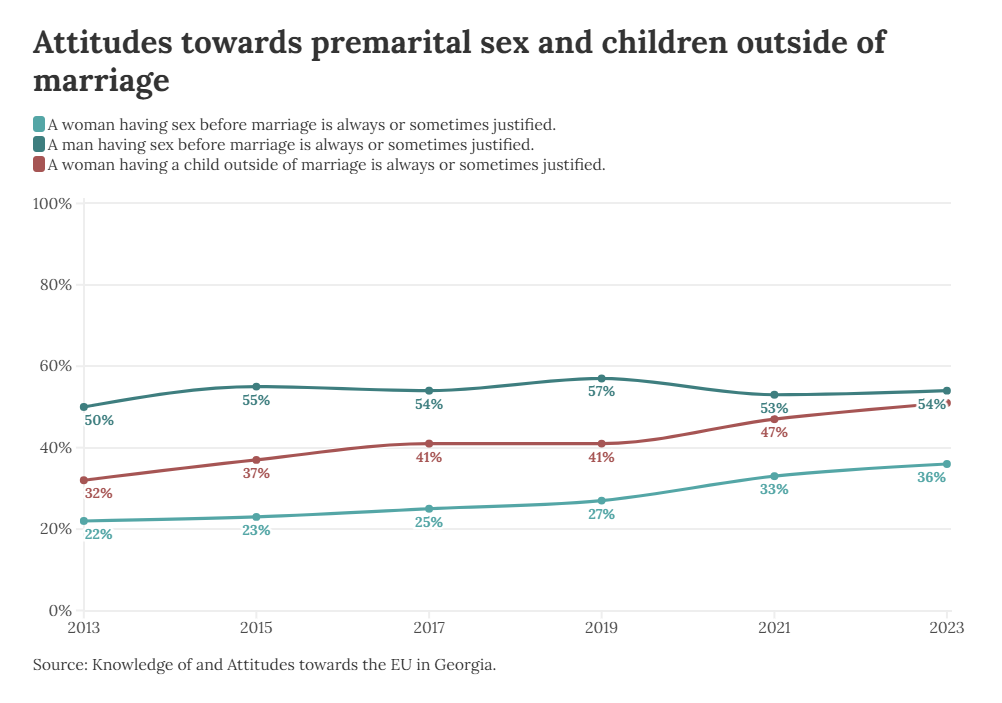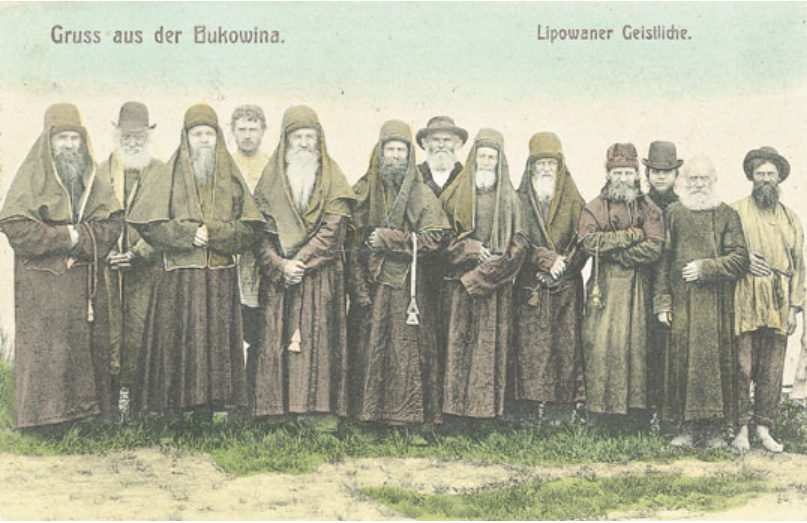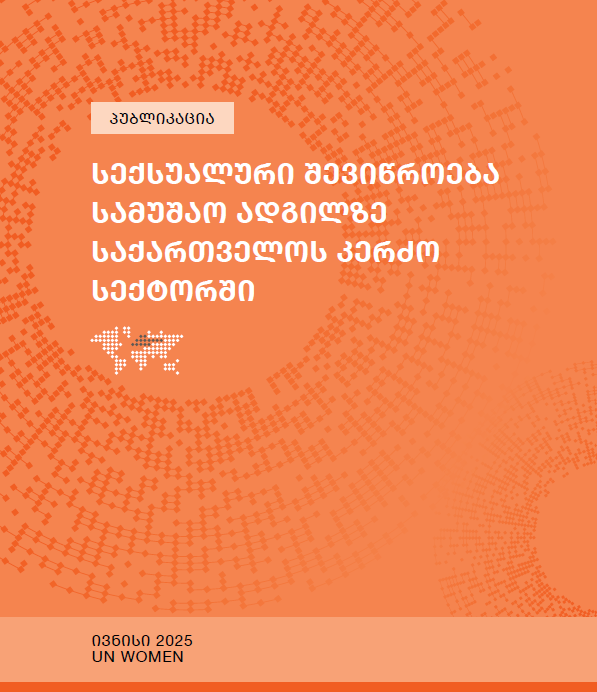Sometimes it’s worth clicking on those Gmail links. “Ask 500” is a website in beta, the web version of a straw poll. Polling? Surveys? Obviously I wanted to know more. To say it up front: it’s about as unrepresentative as you can get, since it assembles those that suffer from terminal curiosity.
Playing around with it and discovering that so far this still is a small community, I posted a question on people’s feelings about the Caucasus. I wanted to know whether people have positive associations (mythical, attractive), or rather negative ones (messy, dangerous, uncomfortable). And then providing some options in between. I also wanted to see whether this question will go anywhere, or whether tabloid interests will prevail. It certainly is an attractive interface for seeing where the votes are:
Also, the comments function is particularly useful, a sort of focus group of the electronically vociferous.
Ask500 could become incredibly powerful in doing a quick review of an idea, checking it for mistakes. Put more succinctly, where a diversity of viewpoints is more important than representativeness, this approach could be a BIG THING (maybe not THE, but certainly A). It’s interesting to see how the founders explicitly invoke Surowiecki’s The Wisdom of Crowds as a starting point for their work.
What never ceases to amaze me is how technology DOES flatten the world. An instrument can still be under development in the US, and as long as you have an Internet connection, you already can take part. (Obviously, turning electronic into economic opportunity to alleviate poverty is a very different challenge. Unless you are a programmer.)
In the meantime, check Ask500 to see how responses to the Caucasus develop while the poll is open. Note that the Vote button is quite small: top right.













